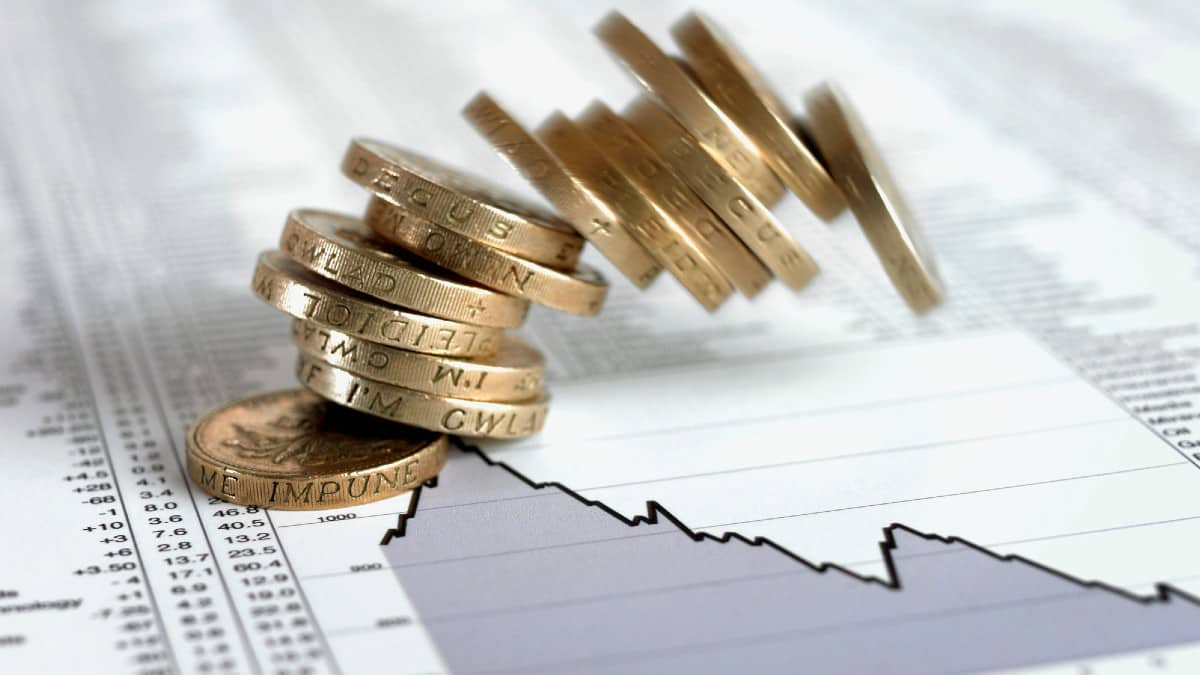The FTSE 100 index has been falling recently. A month ago, it was trading at 7,110 points but it’s now at 6,880 points. This drop has mainly come over the past week or so, with it dropping 2.5% on Monday. Given that the FTSE 100 index is an average of the 100 stocks within it (weighted by market capitalisation), a large move like this shows that most stocks are falling. So what are the reasons for this?
Rising Covid-19 fears
The first reason for the fall in the short run is from the concern around Covid-19. In the UK, Monday saw the lifting of all restrictions by the Government. Although some referred to it as freedom day, the markets didn’t see it this way! The potential for higher infection rates could see a vast number of people having to self-isolate.
The implications that this has for business is negative. This also hampers sectors including travel and tourism, which was reflected with some of the biggest fallers in the FTSE 100 being from this area.
The knock-on impact here is that banks and financial services could come under pressure again. Higher loan impairments and bad debt provisions could be stepped up. There are several large banks within the FTSE 100 index that will drag the overall index performance.
Higher inflation hurting the FTSE 100
A second reason is due to rising inflation concerns. Why is this a negative for the FTSE 100? It’s rare to find a FTSE 100 company that doesn’t have debt issued. When debt gets refinanced, or new debt is issued, the rate of interest correlates with the Bank of England base rate. So if the base rate increases, the cost of new debt also increases.
The Bank of England historically has looked to counter higher inflation by raising interest rates. Higher rates should encourage people to save rather than spend, acting to dampen inflation. Putting this all together, higher inflation readings recently could make the Bank of England raise rates, which would be negative for corporates in the FTSE 100.
A damper recovery?
Finally, a third reason for the fall in the FTSE 100 is that the UK economy might not be recovering as well as expected. After a bumper retail sales increase in April, the May figure was negative by 1.4%. Further, after four months with a decrease in the unemployment rate, the latest May figure showed a rise in the unemployment rate to 4.8%.
Other key metrics such as the quarterly GDP reading are due out in a few weeks. I will have to wait and see what this shows. However, it’s likely that some investors are getting nervous over the state of the UK economy, and are reflecting this by selling FTSE 100 shares and buying perceived safer assets.
Overall, there are several reasons why the FTSE 100 has fallen recently. As an investor, I can look at stocks that have fallen as some may present long-term buying opportunities at a discounted level. My colleague Alan Oscroft discusses some that he would buy here.








